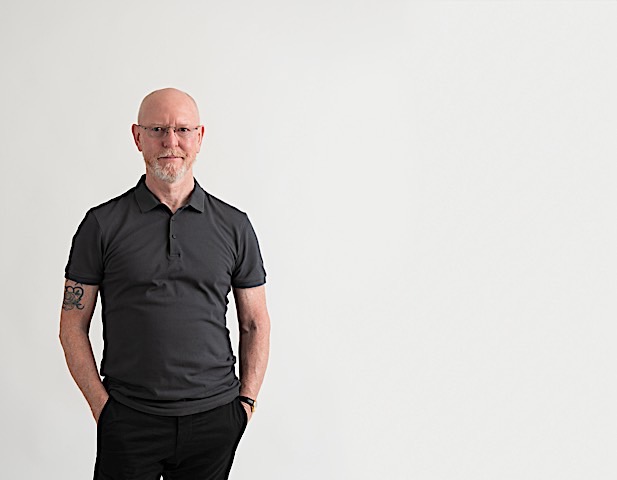When Your Business Runs Without You
When Your Business Has to Run Without YouAnna Burgess Yang had six weeks between diagnosis and brain surgery. Most solo entrepreneurs would panic. Anna built systems. I spoke with her recently on the Wisepreneurs Podcast, episode 77, about what happened when she couldn't work for two full months. Her FinTech writing business kept running. Clients stayed engaged. Content flowed. Revenue remained stable. This wasn't luck. It was three years of systematic thinking about financial buffers, automation workflows, and operational resilience. Read Strategic Automation for Solo Professionals: Building Resilience Before Crisis Strikes The piece walks through her complete technology stack (surprisingly affordable at $85-135 AUD monthly), her approach to AI that preserves authentic voice, and the unsexy operational thinking that most solopreneurs never discuss. Listen to the Podcast episode here: https://www.wisepreneurs.au/anna-burgess-yang-business-resilience-smart-automation/ Why Part 5 of The Engaged Epistemology Series Is Taking Longer Than I ExpectedI've drafted "The Art of Letting Be" six times now. Each version felt almost right. None quite captured what I'm trying to say about strategic restraint as epistemological mastery. Quick reminder: epistemology is simply how we know what we know. For independent professionals, this matters profoundly because clients aren't just buying your technical skills—they're buying your capacity to understand their specific situation deeply enough to intervene effectively. How you come to know their reality determines whether your expertise creates genuine value or just demonstrates busy competence. Here's the core idea: the most sophisticated form of professional wisdom is often the courage to keep learning about the situation rather than demonstrate expertise prematurely. It's about working backwards from aspirations to discover real constraints. About knowing when you've learned enough to walk away from an engagement. About the epistemological sophistication to recognise when your expertise should guide you toward continued observation rather than immediate intervention. The piece explores this through Peter Compo's emergent strategy framework and Hanne De Jaegher's work on engaged knowing. It matters because organisations still apply industrial-era expectations to post-industrial knowledge work, and they need professionals who understand that knowing emerges through careful observation, not instant prescription. I think draft seven is nearly there. Watch for it on the website or LinkedIn soon. What's ComingPart 6 will explore collaborative intelligence and how independent professionals create value through orchestration rather than isolated expertise. But first, I need to get Part 5 right. Sometimes strategic restraint applies to your own writing process. Until next time, Nigel |





